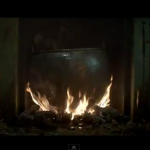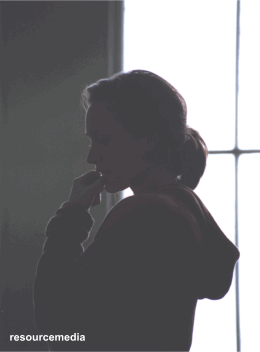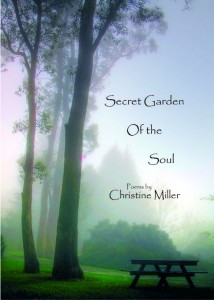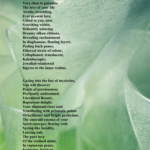This recent advert from the Guardian in the UK is brilliant and thought provoking.
Based on a modern day interpretation of the 'Three Little Pigs', it demonstrates how perspective, opinion, bias, assumptions creep in to distort the 'story', and how an (apparently) simple children's tale can be interpreted from so many different angles, with lots of huffing and puffing.
Great job and so relevant.
[jwplayer mediaid=”1705″]








